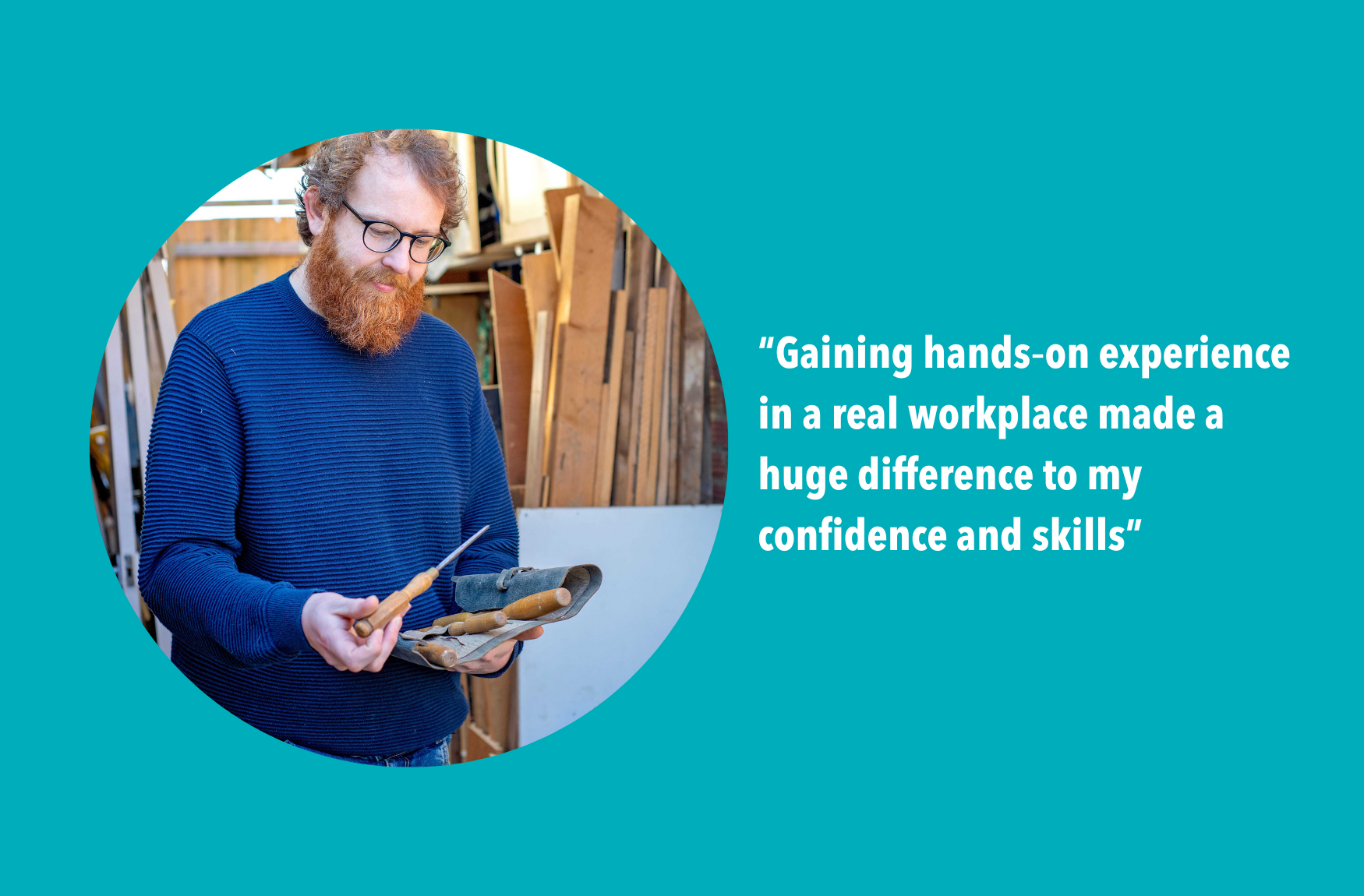3RD FEB 2026
Skills Development: The Engine of Innovation


In a world defined by rapid technological change, global competition, and shifting workforce expectations, skills have become the currency of professional longevity and business innovation. The organisations that thrive are not those with the biggest budgets or longest histories, but those that place skills development at the heart of their strategy.
For employers, this means investing in people as much as in products or processes. For educators and training providers, it means designing pathways that are flexible, inclusive, and aligned with the evolving needs of industry. And for individuals, it means recognising that lifelong learning, including soft skills, is no longer a nice-to-have but a core part of employability.
Why Skills Development Matters More Than Ever
The UK economy is undergoing a transformation. Automation, artificial intelligence, and digitalisation are reshaping jobs faster than ever before. At the same time, new industries are emerging in green technologies, advanced manufacturing, and healthcare innovation.
Yet while opportunity abounds, there is also a widening skills gap. The CBI estimates that nine in ten workers will need to reskill by 2030. Without a systemic approach to skills development, businesses risk stagnation and individuals risk being left behind.
The Human Factor
It is tempting to see innovation as purely technological: new apps, tools, or systems. But at its core, innovation is human. It comes from people who are empowered to think differently, to solve problems, and to collaborate across disciplines.
Enterprises that prioritise upskilling and reskilling foster cultures of curiosity and adaptability. Apprenticeships, for example, create opportunities for people who may have been overlooked by traditional educational pathways and recruitment methods, including neurodivergent individuals whose strengths often bring fresh perspectives and problem-solving skills. They are also helping to address gender imbalances by attracting more women into sectors that have historically been male-dominated, from engineering and construction to digital technologies. With generous government funding available, apprenticeships offer employers a way to diversify their workforce, grow talent from within, and even upskill existing staff so they remain agile in the face of change. When people are supported to stretch their capabilities, businesses gain not just skills, but resilience and creativity.
Building Bridges Between Education and Industry
One of the most powerful levers for skills development lies in collaboration. Colleges, universities, and training providers have long been engines of talent. But the most successful models are those where education and industry work hand-in-hand.
Employer-designed apprenticeships are a prime example. They ensure that training is relevant, practical, and immediately valuable. Similarly, professional development programmes co-created with staff lead to conversations that are more meaningful and motivating than top-down directives.
These partnerships are not only good for business — they are vital for regional growth. When local employers and educators align around a shared skills agenda, they create ecosystems where talent flows into opportunity, and innovation drives prosperity.
Towards a Skills-First Future
To embed skills at the centre of enterprise strategy, leaders need to act on three priorities:
Make skills development continuous. One-off training courses are no longer enough. Businesses must invest in ongoing learning pathways that evolve with the needs of the organisation and the ambitions of individuals.
Embrace inclusivity. Skills strategies should open doors, not close them. That means designing opportunities for people of all backgrounds, ages, and stages of career progression to engage with training.
Measure impact, not input. Counting training hours tells us little about outcomes. Instead, employers should track the real impact of skills development: improved performance, stronger innovation, and higher retention.
People as a Catalyst for Innovation. Enterprise and innovation thrive when people thrive. In every sector, from digital to healthcare to green technologies, the winners will be those who see skills not as a cost, but as an investment in their greatest asset: their people. Organisations that embrace this truth are not only preparing for the future, they are actively shaping it.
Build Skills for the Future
We offer a range of apprenticeships to suit your business needs for new recruits and existing staff. Our experts are ready to train apprentices in Business and Professional Services, IT and Cyber, Engineering, Construction, Early Years, Education, Dentistry, Hairdressing and Catering and Hospitality.
At Gloucestershire College, we work closely with employers across all sectors, so we understand the real skills challenges businesses face. That’s why we offer high-quality apprenticeships designed to meet industry demands and drive growth.
Find out more or speak to our dedicated team today to see how apprenticeships can suit your business training needs.











